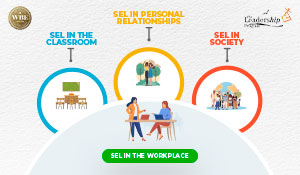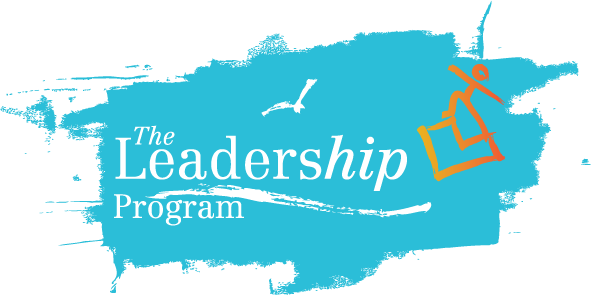Social Emotional Learning (SEL) is a set of skills that can help individuals manage their emotions, build positive relationships, and make responsible decisions. These skills are not only important for personal growth but also for success in the workplace. With the increasing diversity and complexity of modern workplaces, effective communication and relationship management skills are critical to prevent conflicts and low productivity. On the other hand, when employees possess strong SEL skills, they are better equipped to work collaboratively towards shared goals and resolve conflicts.
Numerous studies have shown that SEL programs in the workplace can lead to numerous benefits for employees and organizations. Employees who participate in SEL training are more likely to feel satisfied with their job, have better teamwork, and be more engaged in their work. Organizations that invest in SEL programs can improve their overall performance and create a more fulfilling work environment for their employees.
Leaders who possess strong emotional intelligence and interpersonal skills are better equipped to inspire and motivate their team members, resolve conflicts, and create a positive work culture. Investing in SEL training for leaders can improve their overall performance and create a more fulfilling work environment for their employees. Moreover, as workplaces continue to evolve with the rise of remote work and increased reliance on technology, employees are facing new challenges in terms of communication and collaboration. By equipping employees with SEL skills, organizations can help them navigate these challenges more effectively and adapt to changing circumstances.
As organizations move towards a hybrid work model, where employees work both in the office and remotely, the importance of SEL skills has become even more pronounced. Hybrid work can be challenging for employees who may feel disconnected from their colleagues or struggle to communicate effectively from a distance. However, when employees have strong SEL skills, they are better equipped to manage their emotions, communicate effectively, and build positive relationships with their colleagues whether in person or virtually. Investing in SEL programs can help organizations support their employees in navigating the complexities of hybrid work and foster a culture of empathy, inclusivity, and collaboration, regardless of where employees are working from.
In conclusion, Social Emotional Learning is an essential tool in the workplace for personal and professional growth. It can help organizations create a positive work culture, improve employee engagement and performance, and adapt to the changing nature of work. By investing in SEL programs, organizations can ensure their employees have the skills they need to thrive and succeed in any work environment. As workplaces continue to evolve, it is clear that SEL will play an increasingly important role in helping employees thrive and succeed.
Sources:
- Collaborative for Academic, Social, and Emotional Learning. (n.d.). The Impact of SEL in Workplace Settings.https://casel.org/casel-releases-new-report-on-preparing-youth-for-the-workforce-of-tomorrow/
- American Institutes for Research. (2017). The Business Case for Social and Emotional Learning. https://www.air.org/sites/default/files/downloads/report/The-Business-Case-for-Social-and-Emotional-Learning.pdf
- Harvard Business Review. (2017). Emotional Intelligence Has 12 Elements. Which Do You Need to Work On?https://hbr.org/2017/02/emotional-intelligence-has-12-elements-which-do-you-need-to-work-on
- Society for Human Resource Management. (2019). 2019 State of Workplace Empathy. https://www.shrm.org/hr-today/trends-and-forecasting/research-and-surveys/Documents/2019-State-of-Workplace-Empathy.pdf





Comments [0]
Click here to read/write comments